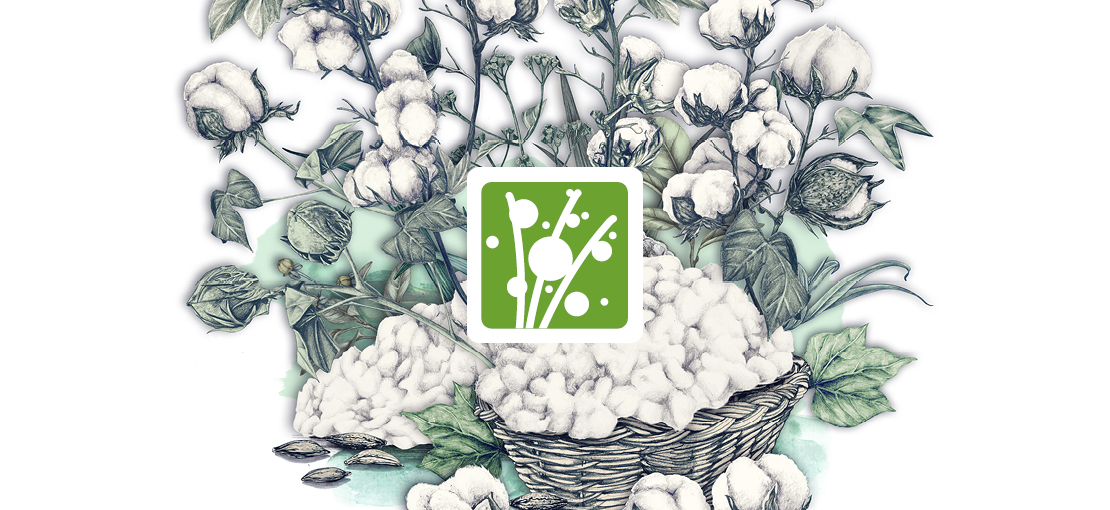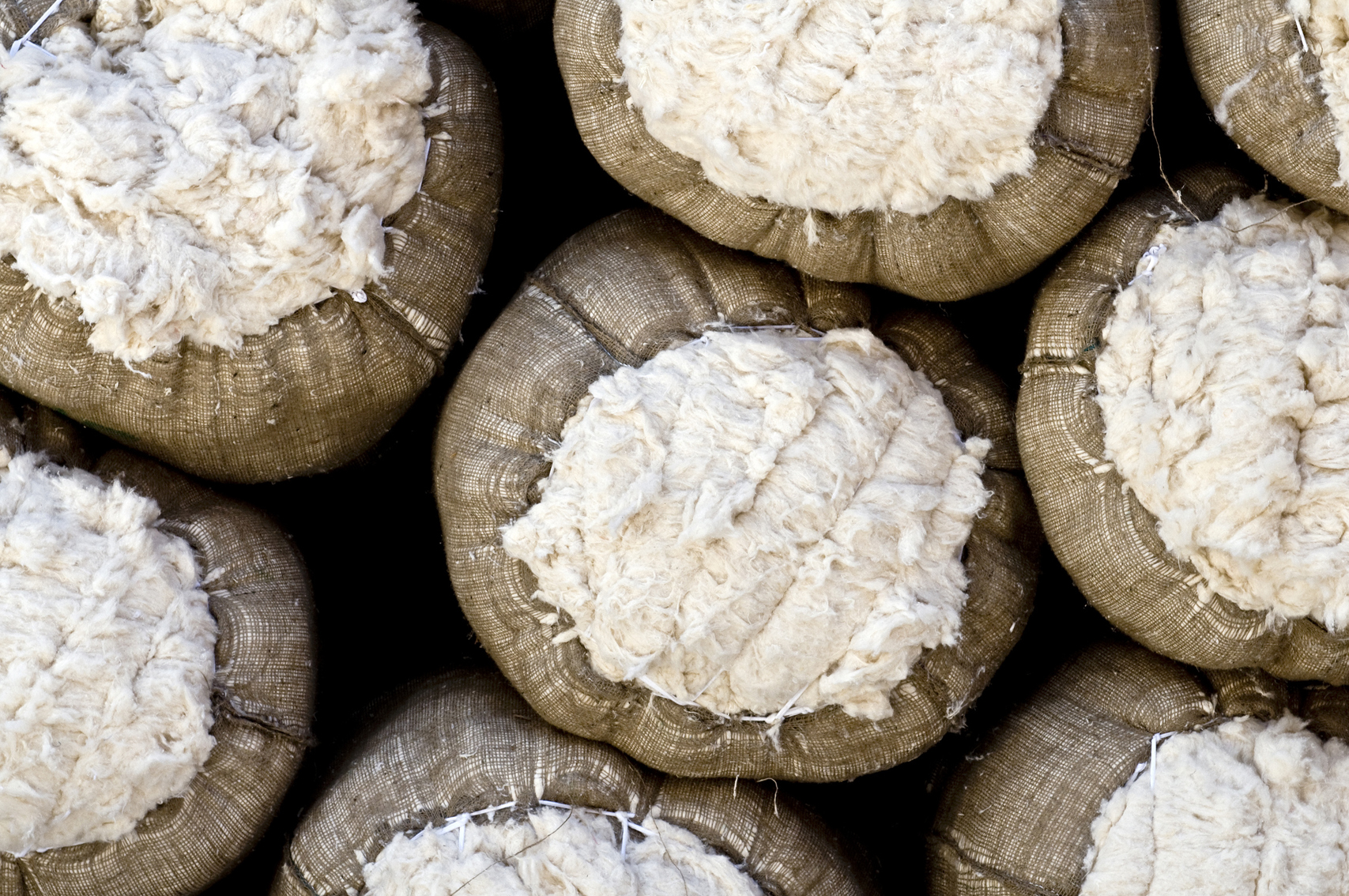
Organic cotton. Better for you and for the environment.
Certified GOTS cotton
VAUDE itself is now GOTS certified
GOTS stands for the Global Organic Textile Standard . We have been using GOTS-certified organic cotton for years. Since 2016, we ourselves have been GOTS-certified and can now give our cotton products the GOTS label.
Our cotton fabrics come from a GOTS-certified fabric supplier in Portugal and your product is sewn by our GOTS-certified manufacturer – also located in Portugal.
Nearly 100% organic cotton
Conventional cotton is used only as an absolute exception: we use a blend of Primaloft, organic cotton and conventional cotton in our jeans. Our fabric supplier has not yet been able to switch to 100% organic cotton - it would have to achieve significantly higher production quantities before it could do so.
Since the material itself is very innovative and offers excellent functionality, we decided to use conventional cotton in rare cases. We are working on the development of the yarn that’s completely organic.
The second exception: our caps
No pesticides, no gene manipulation, no chemical fertilizers
Conventional cotton is a pretty toxic affair – not least of all for the cotton farmers themselves and the residents who live near cotton plantations.

According to research done by Pestizids-Aktions-Netzwerkes e.V. PAN, conventional cotton production accounts for the use of 25% of all insecticides and 11% of all pesticides in the world, although it only covers 2.4% of the world’s cultivated land use.
Organic cotton, on the other hand, is cultivated following strict ecological standards. The use of pesticides and chemical fertilizers is prohibited. Also taboo: genetic engineering of the seed supply. Cultivating organic cotton uses significantly less water than conventional cotton cultivation and maintains natural soil fertility by means of crop rotation.
Organic cotton farmers are primarily organized into cooperatives.
They are able to set a higher price for their organic cotton. This makes them more independent from raw material suppliers on the world market.
Protecting biodiversity
By purchasing organic cotton, VAUDE contributes to the sustainable development of small farmers and, as an additional benefit, to the retention of species diversity in the growing areas.
VAUDE apparel that is made of at least 90% organic cotton bears the VAUDE Green Shape quality label. The other 10% include other fibers such as elasthane, which benefits product maintenance and increases the lifespan of the product.
Farmers safeguard nature-preserving production of raw resources
Cotton is often grown on large fields. When it is mature, it is usually harvested mechanically; on small farms this is also sometimes done by hand. It is tedious, hard work.
The cotton is packed in rolls and delivered to the spinning mill. Once there, it must be prepared for the actual spinning: the fiber must be cleaned of seeds and leaves. This process is called ginning.
The plant’s individual fibers are linked by the stem. They must be stretched in one direction before spinning at which time they are grouped into fiber ribbons that are then spun into yarns.
| GRI: | G4-EN1 |






